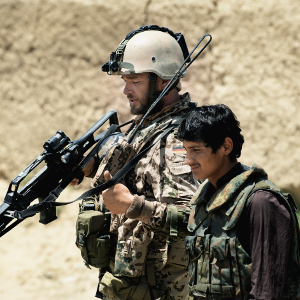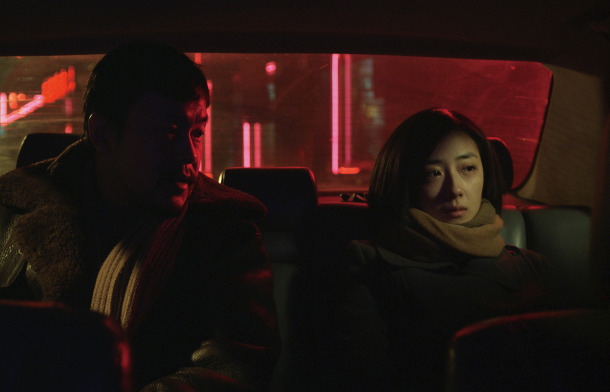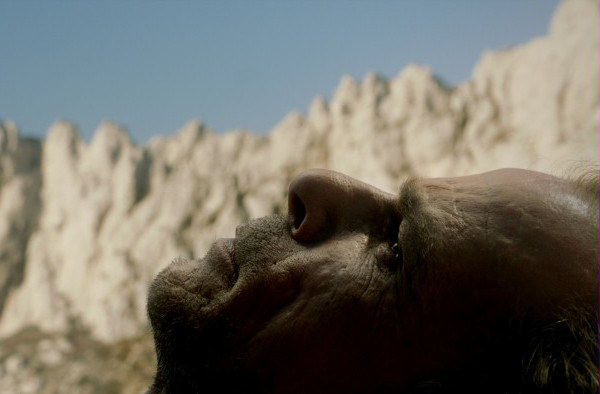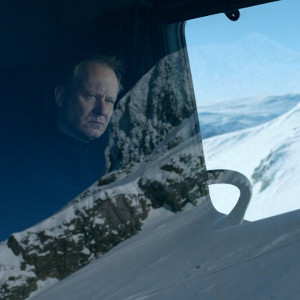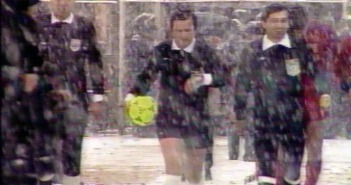
Making Waves: The Second Game Review
Porumboiu is, without the shadow of a doubt, my favourite representative of Romania’s celebrated New Wave. His brilliant 12:08 East Of Bucharest (2006), a tremendously sharp but unassuming dry comedy in which a local television host invites a guest line-up to look back at the events of the 1989 Romanian revolution, is perhaps my pick of the bunch. That film’s whole set-up is something of a satirical farce, the show’s guests bicker incessantly about minor details that may or may not even be relevant. In The Second Game, Porumboiu substitutes the depiction of a fictional experiment on memory with a real-time recording of a similar endeavour in which the director participates alongside his father.



